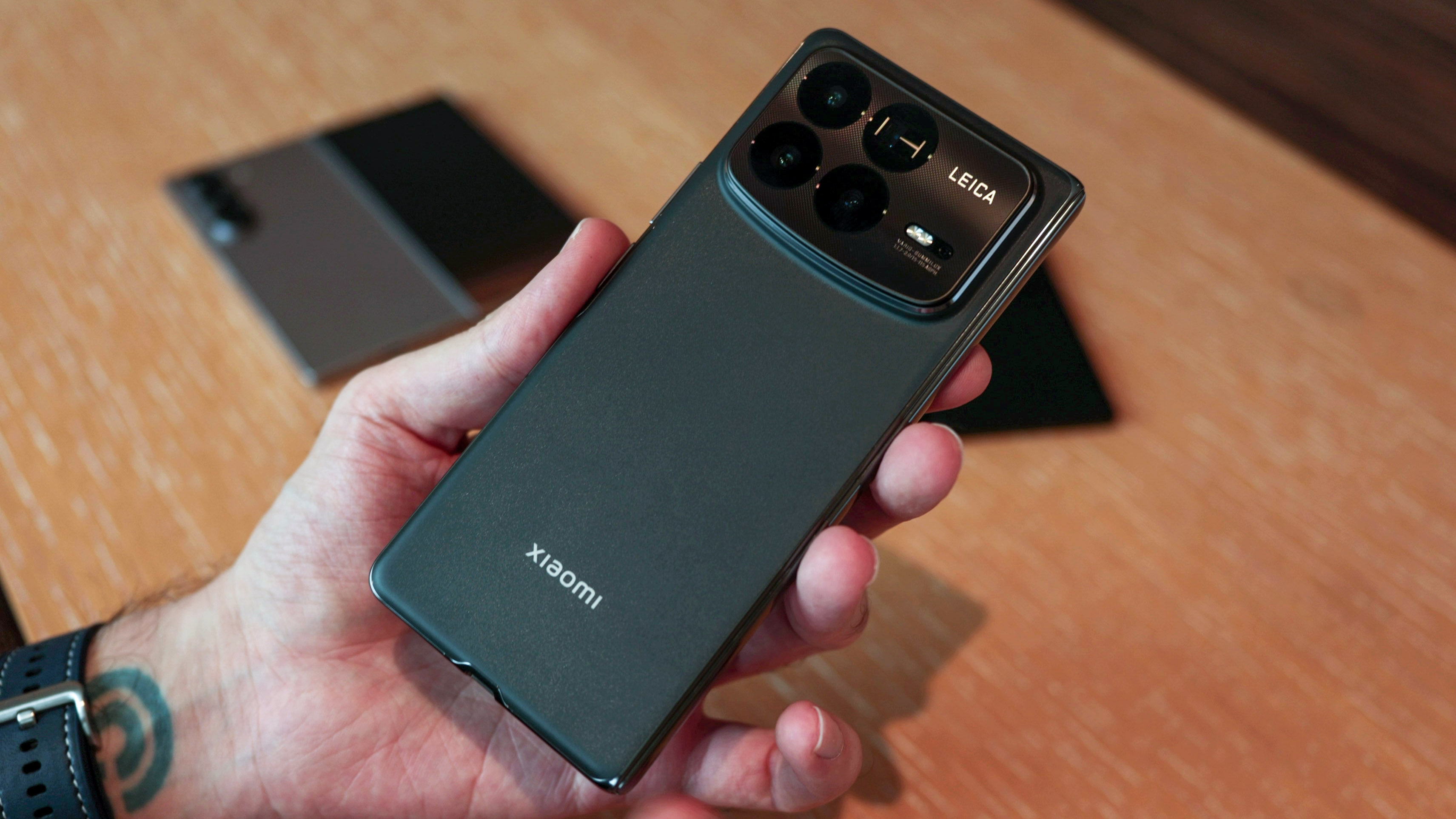
Xiaomi has announced two new foldables at its annual CEO event in China: the Xiaomi Mix Fold 4, its follow-up to last year’s impressive big-screened foldable, the Mix Fold 3, and the Xiaomi Mix Flip – the phone maker's first flip phone.
Both phones are Leica co-branded, which means the iconic camera maker has contributed to the photo processing style and signed off on the quality of each phone, and the Fold even enjoys Summilux glass lens elements.
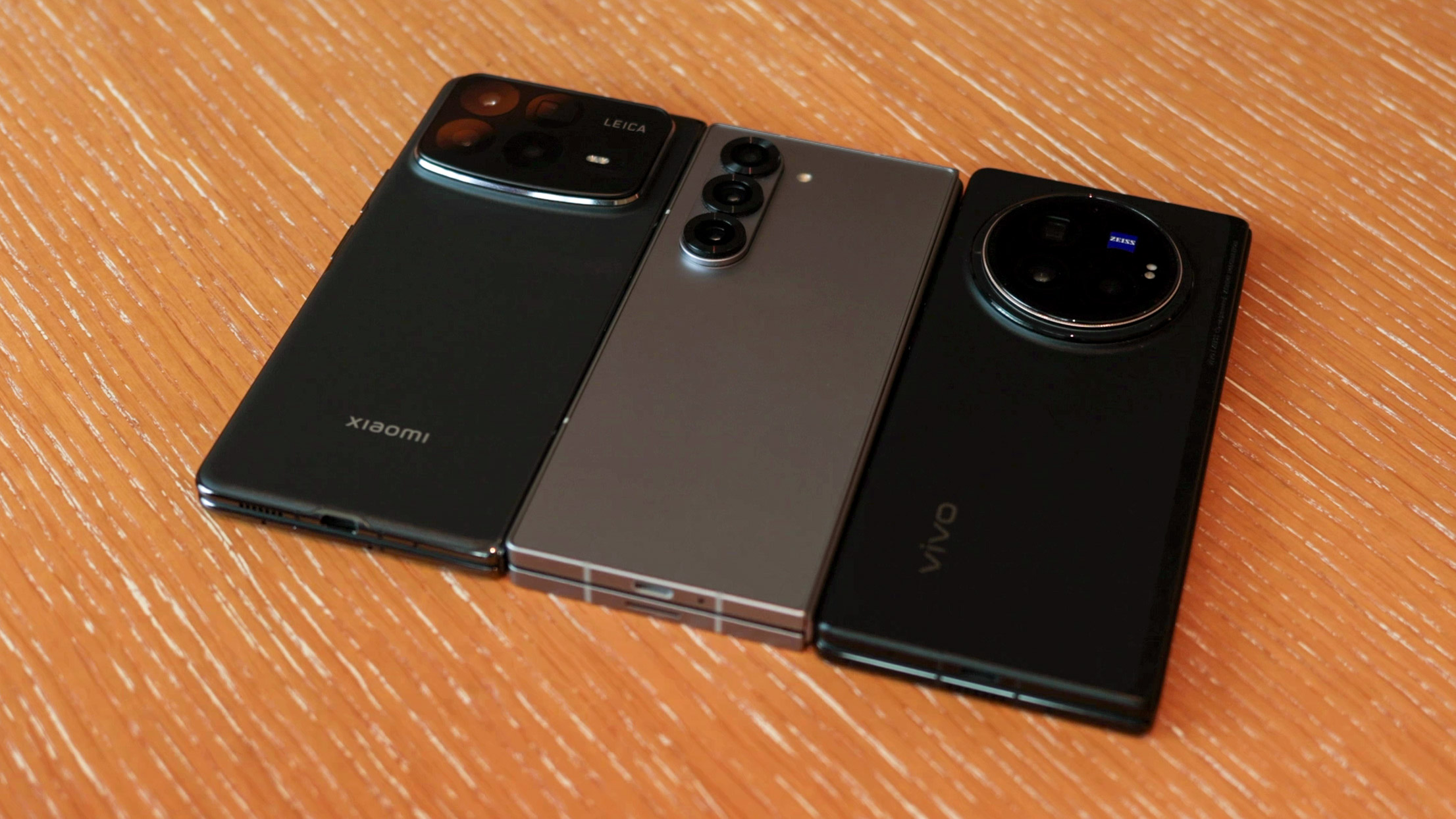
The Mix Fold and Flip also pack best-in-class features beyond the cameras, with the Mix Flip squeezing in the biggest displays and battery of any flip phone and the Mix Fold being mind-bogglingly thin while still feeling exceptionally premium.
Why does this China launch matter to anyone in the West? Because the rumor mill is hinting at a Western launch for at least one of Xiaomi’s Leica-powered foldables. So, let's dive into our impressions after getting our hands on the pair for what will hopefully be a taste of things to come...
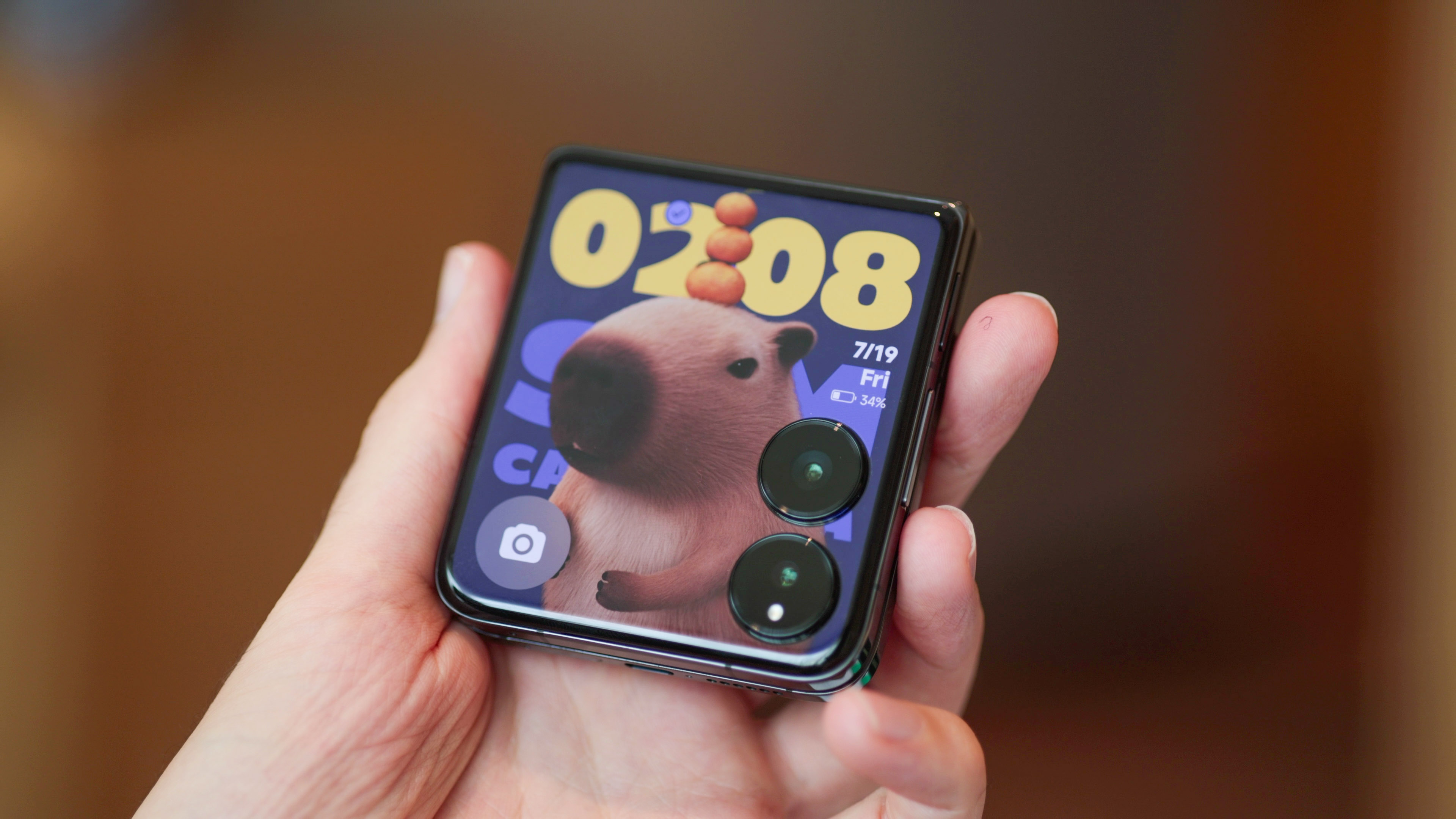
Foldable camera phones, a primer:
Before covering the phones, here’s some optional background on the state of foldable camera phones right now – keep scrolling for snaps and impressions of the Mix Fold 4 and Flip, but if you want context, enjoy:
Oppo, OnePlus, and Vivo are the favorites when it comes to foldable photography for all the geeks in the know. We tested the OnePlus Open (launched as the Oppo Find N3 in other markets), and it’s our highest-rated foldable to date thanks to its Hasselblad-tuned camera system and powerful hardware mix.
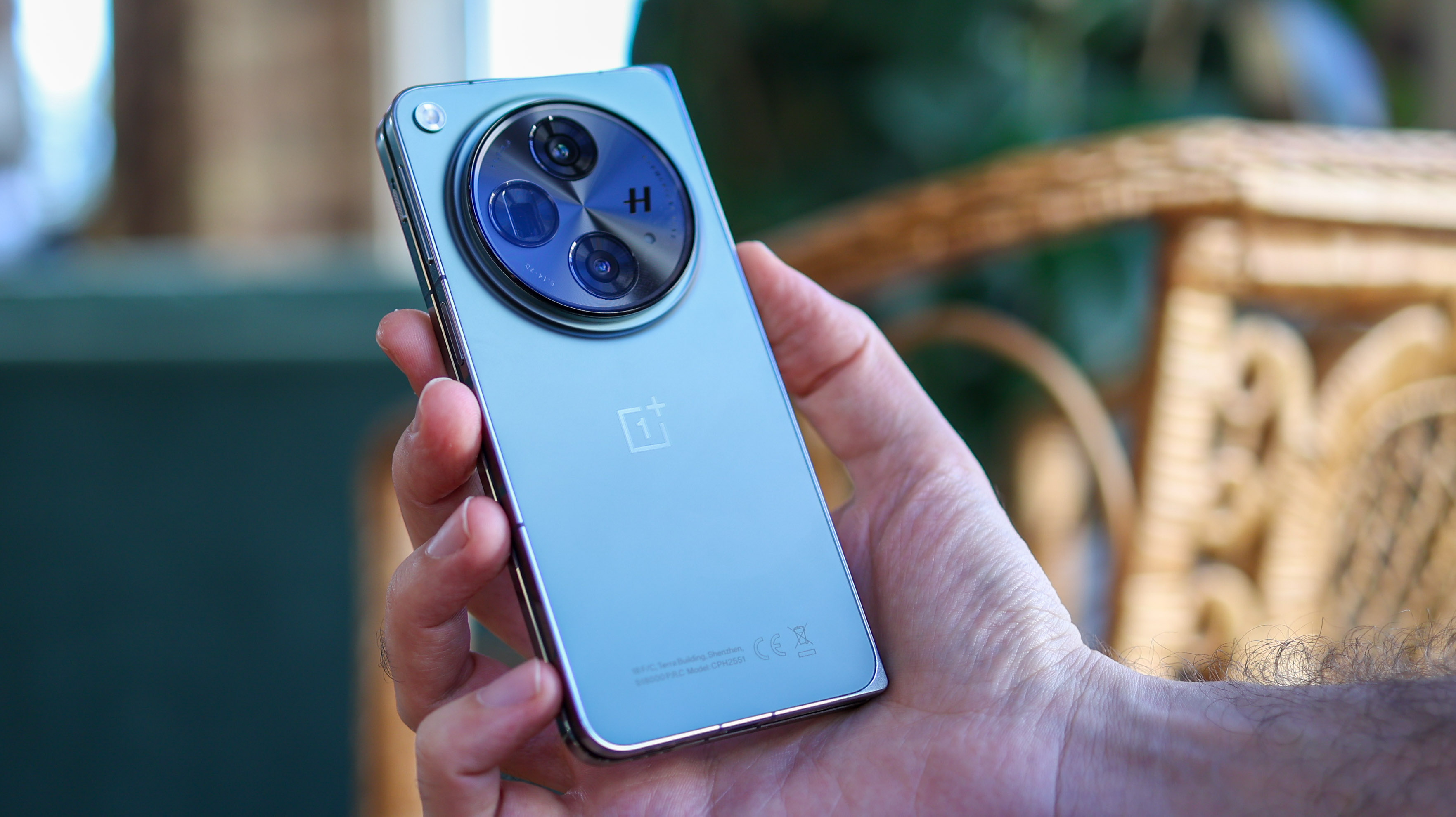
Vivo, meanwhile, has launched the mighty X Fold 3 Pro in select markets, with its floating telephoto camera and Zeiss co-engineered imaging system. And for anyone after a flip phone, the Oppo Find N3 Flip sports three impressive cameras, while other flips tend to cap out at two cameras.
But for buyers in the West looking to pick up one of these foldable camera champs, only the OnePlus Open is available in Europe and the US, and you’ll likely need to buy it without a carrier plan making it even pricier.
There’s also the question of repairability; foldables are less durable than phones that don’t Fold, with their moving parts and more damage-prone inner screens. This is why most foldable buyers tend to settle for less impressive camera phones like the Galaxy Z Flip, Fold or Motorola Razer series, with both Samsung and Moto having local repair centers.
The idea of another player selling phones in Europe (Xiaomi smartphones aren’t sold in the US) could be a huge boon for tech and camera enthusiasts, especially one partnering with a brand like Leica.
Xiaomi Mix Fold 4
The Mix Fold 4 is seriously light for a big-screened foldable at 226g, less than the 239g Galaxy Z Fold 6 despite its two larger displays and the higher-capacity battery. It’s also remarkably thin at 9.47mm when folded (not including the hefty camera bump), and unfolded, it’s a waif-like 4.59mm. The result is a phone that feels uncompromisingly pocketable when closed, and like a sliver of tech when open.
We’re fans of the Galaxy Z Fold 6’s updated styling, but it’s hard not to marvel at how impressive the Mix Fold 4’s hardware seems when using them side-by-side.

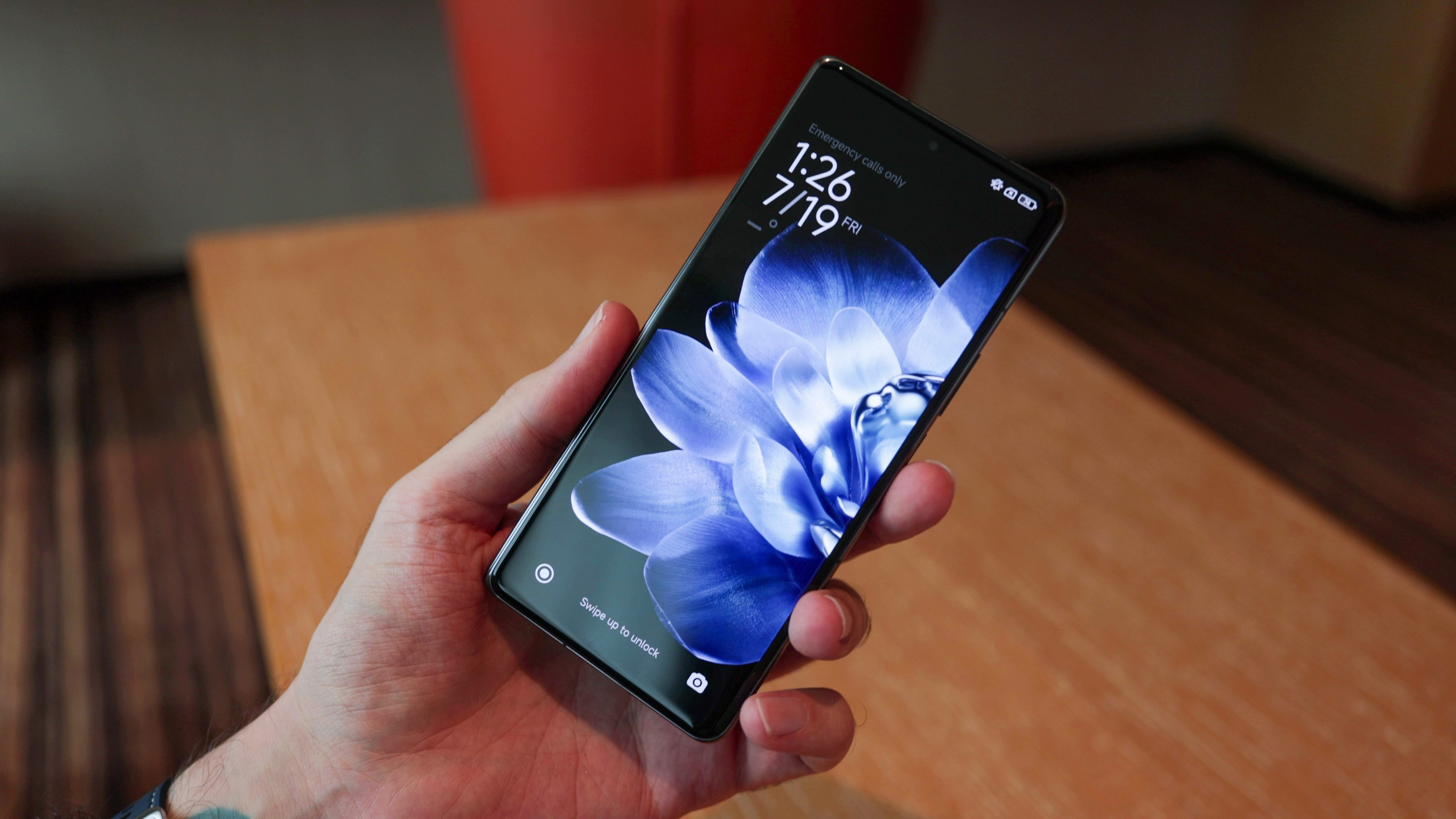
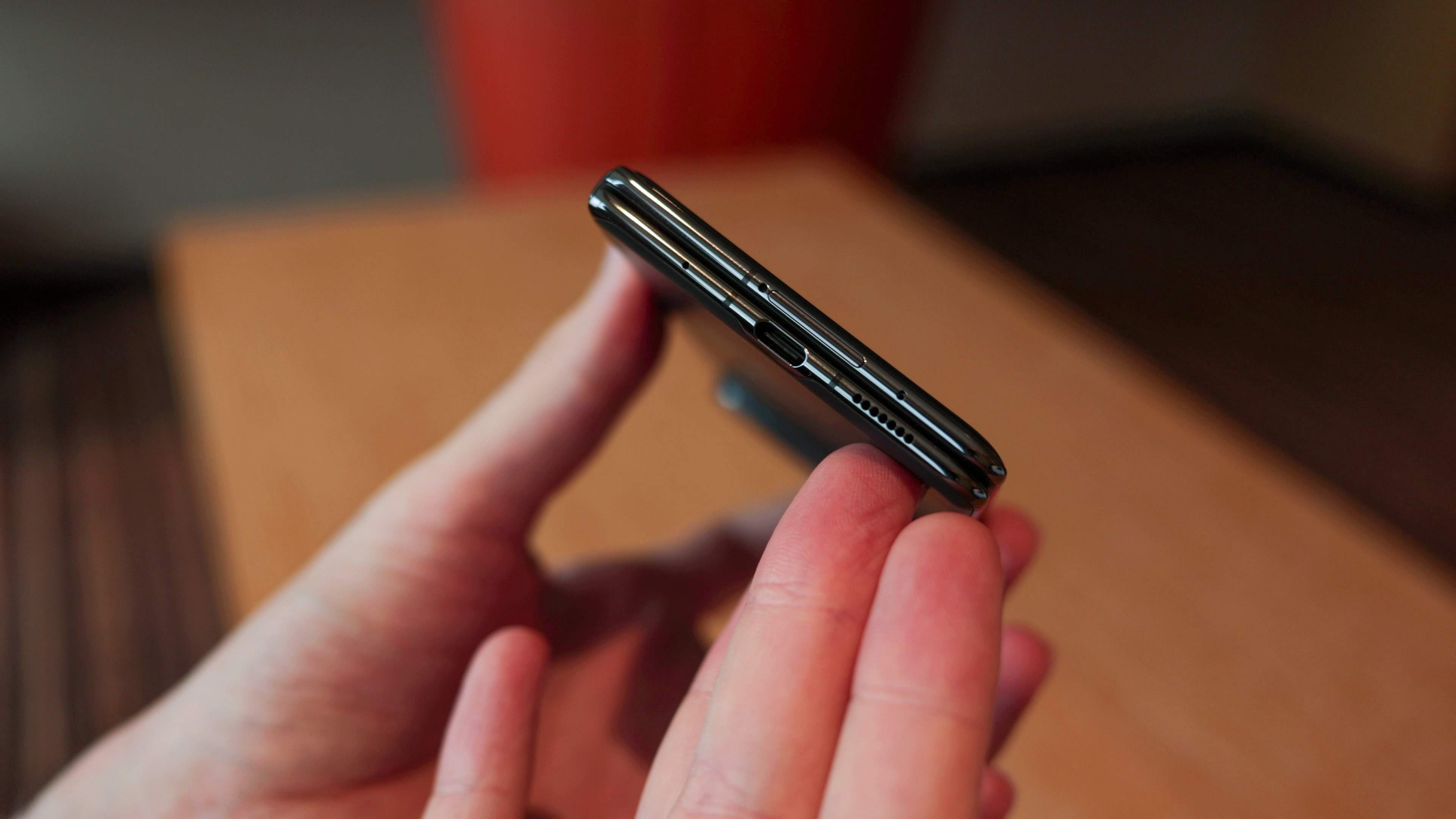
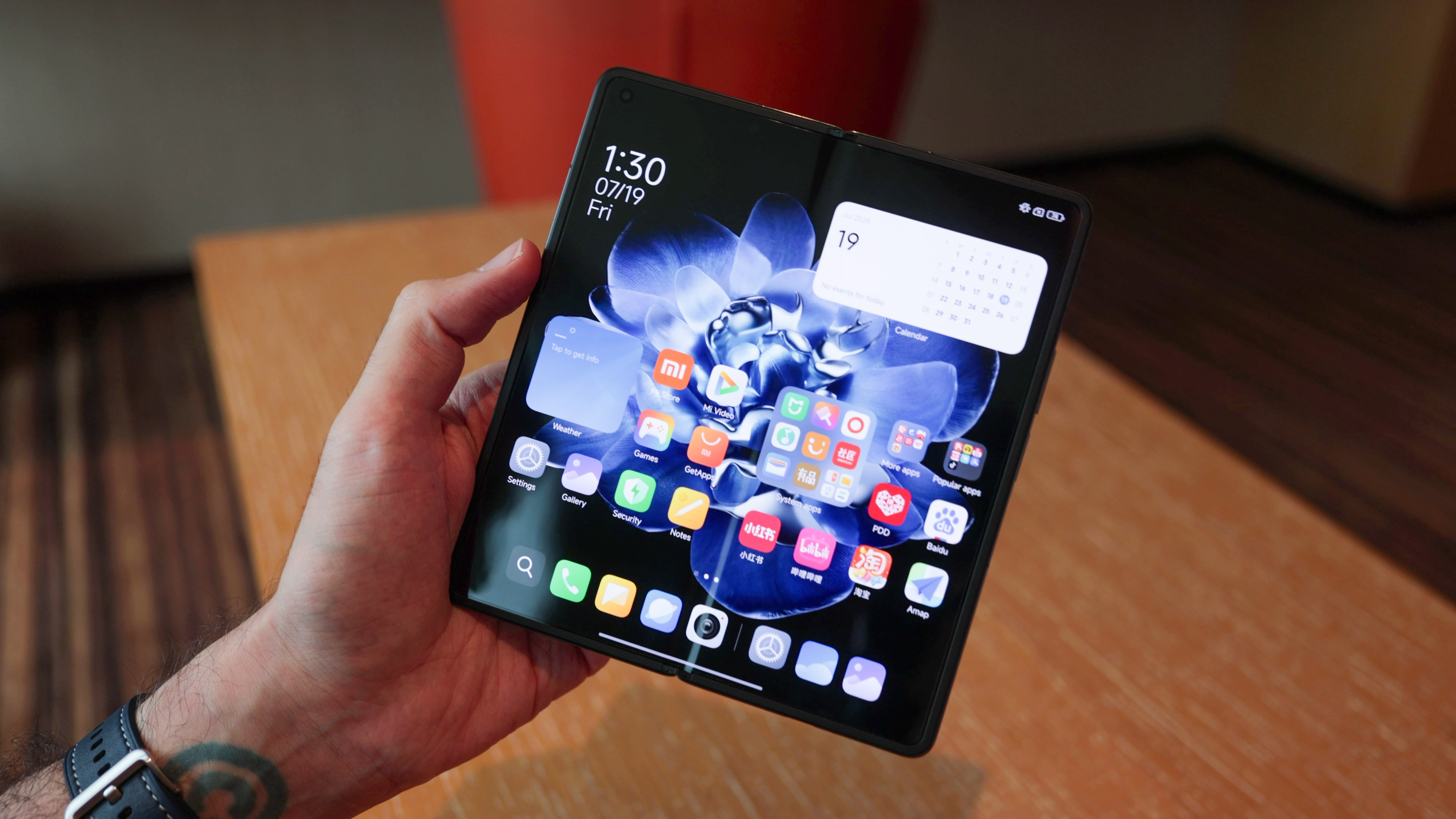
Xiaomi’s gone for consistency across both the cover and main display on the Mix Fold 4, with each climbing up to 3000 nits peak spot brightness and 1700 nits full-screen brightness. They’re also both as sharp as one another with 418 pixels per inch and are iPhone 15 Pro Max-grade smooth with a 120Hz refresh rate.
While mainstream folding phones don’t charge particularly quickly, capping out at about 25W, the Mix Fold 4’s 5100mAh battery powers up at 67W wired, and it also has 50W wireless charging, a feature often missing from slim foldables.
The real highlight of the Mix Fold 4 is its four-camera system. The ultra-wide has a 50MP resolution and an f/2.2 aperture, while the primary camera has a 50MP resolution and an f/1.7 aperture. There are two ‘zoom’ cameras: a 2x, roughly 48mm 50MP camera for portraits with an f/2.0 aperture and 9cm macro photography, and a 50MP 5x camera with an f/2.9 aperture.
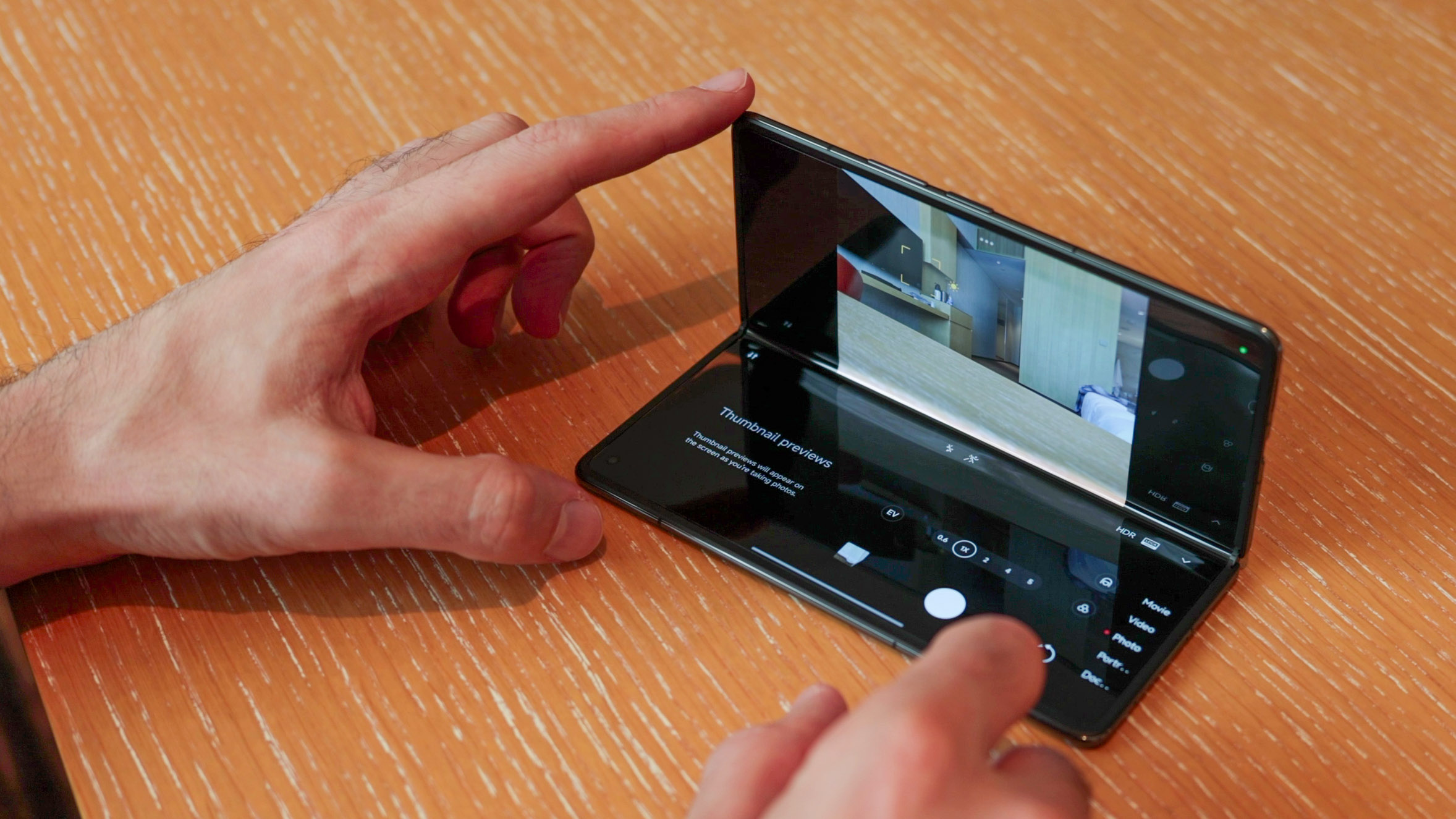
Xiaomi also boasts a seven-element lens for the primary camera, with one glass element and six plastic elements, as well as a next-generation high-stability coating. From a software point of view, both the Mix Fold and Mix Flip capture photos in either Leica Vibrant or Leica Authentic image profiles and feature Leica’s Portrait Modes that mimic the visual properties of their photographer-favorite lenses.
Xiaomi Mix Flip
While the Fold is the camera champ of Xiaomi’s two foldable announcements, the Flip is almost certainly going to be the better seller with its lower price and the general popularity of flip phones versus big-screen foldables.
It packs some impressive highlights, not least of all that huge cover display, with a Motorola Razr 50 Ultra-beating 4.01-inch size and a massive 6.89-inch inner screen. As with the Mix Fold 4, both the Mix Flip’s screens share most display properties, with a 3000 nit peak spot brightness, super crisp 460 pixels-per-inch clarity, and smooth 120Hz refresh rates.
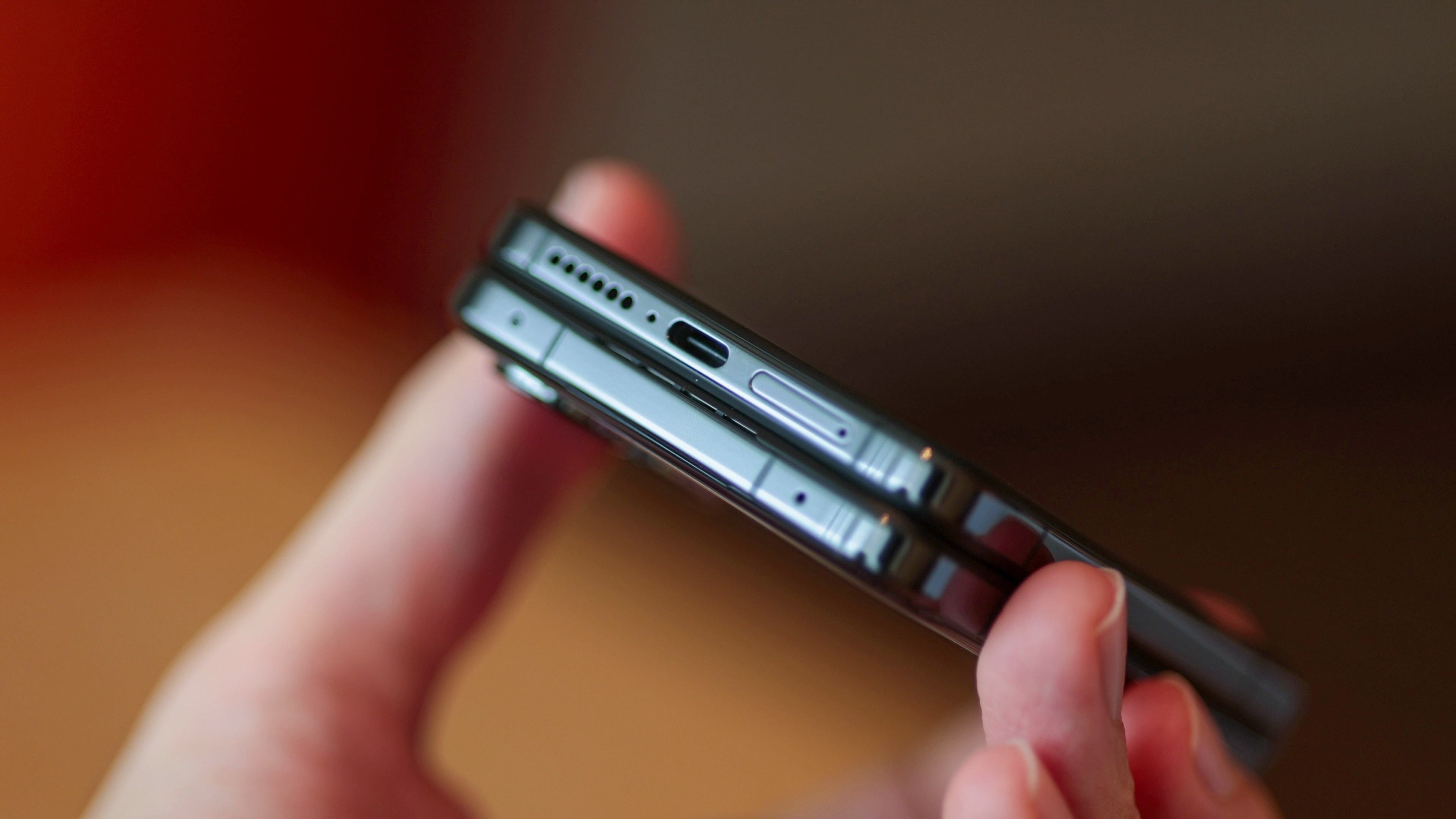
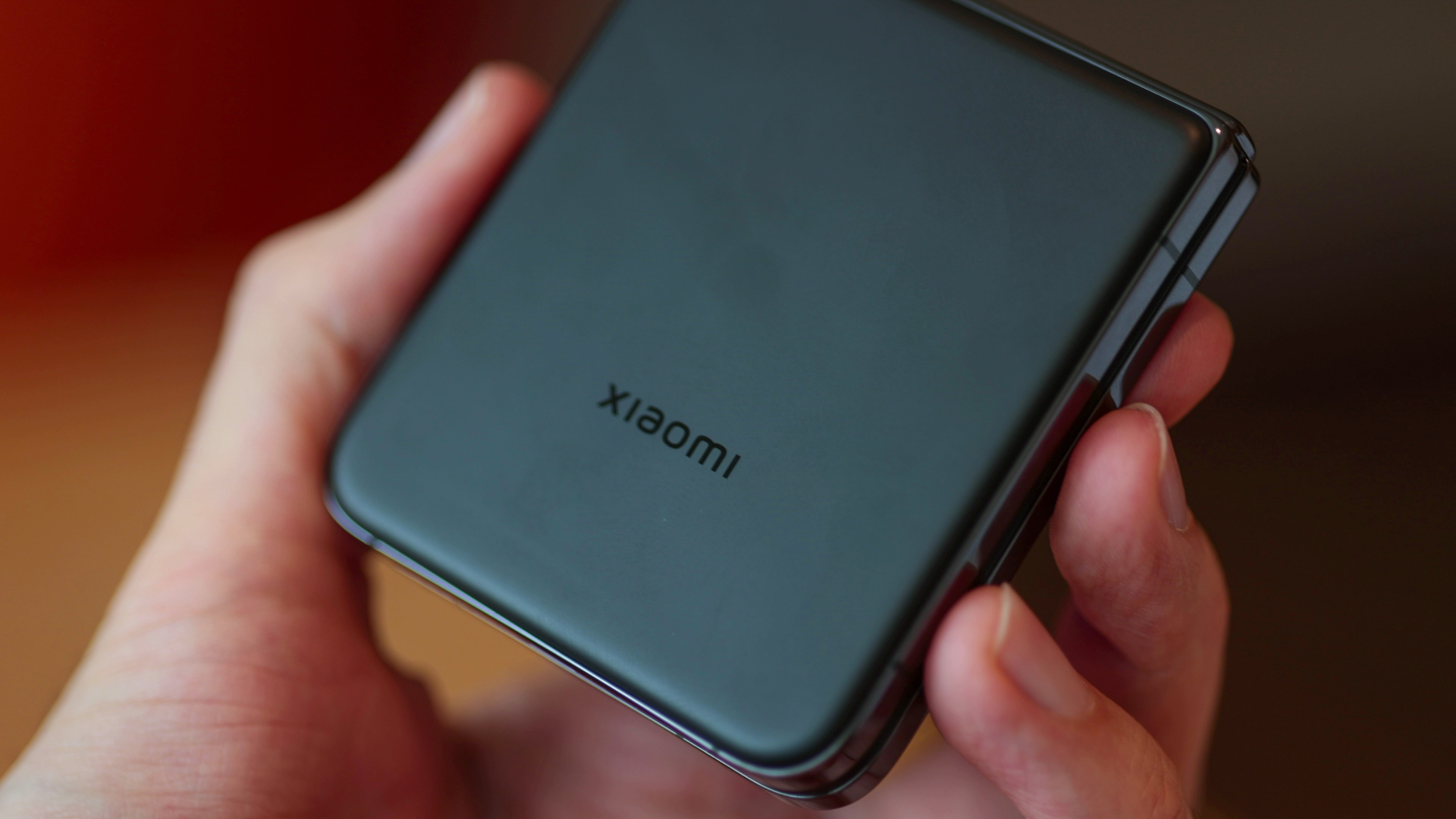
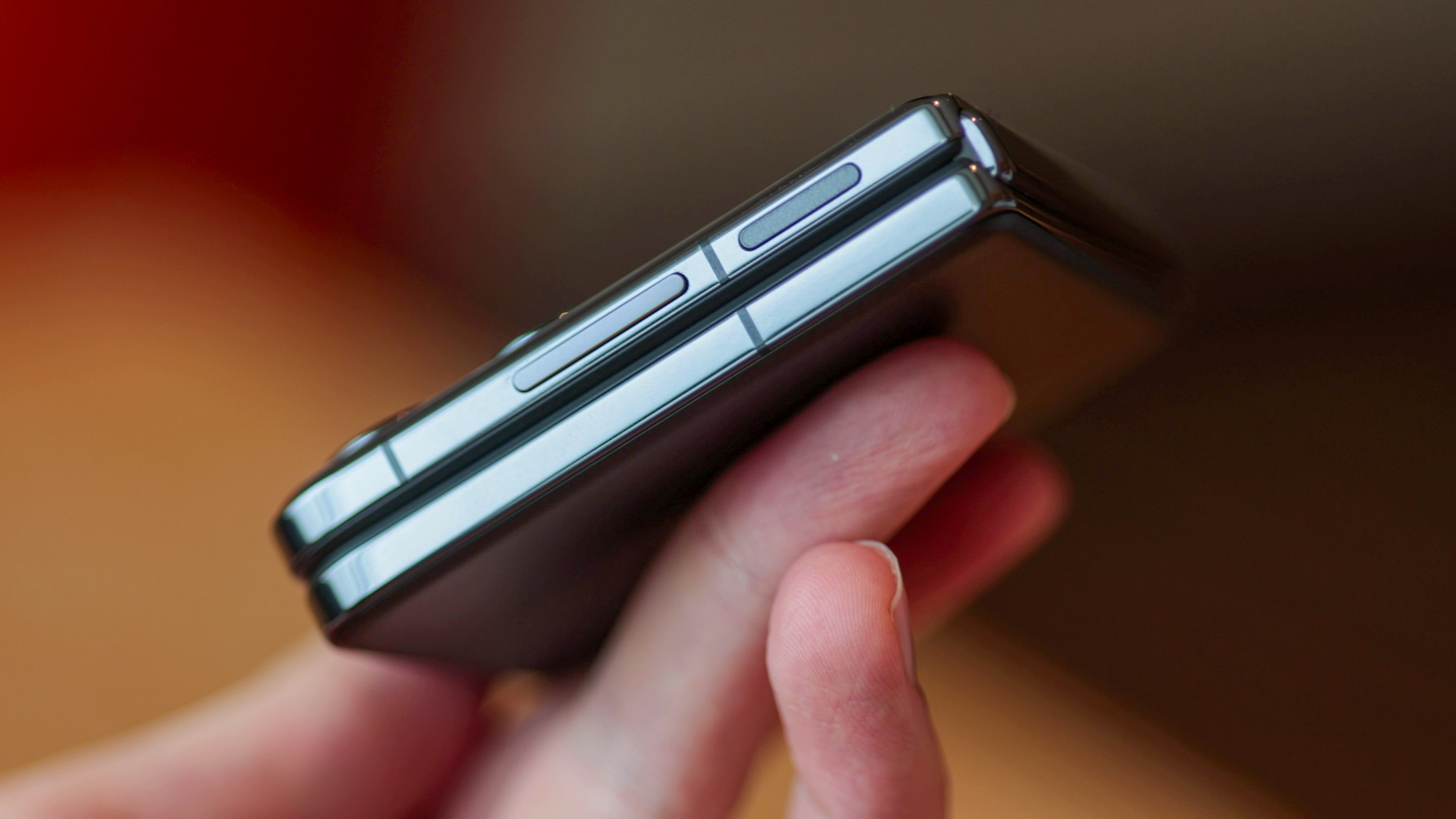
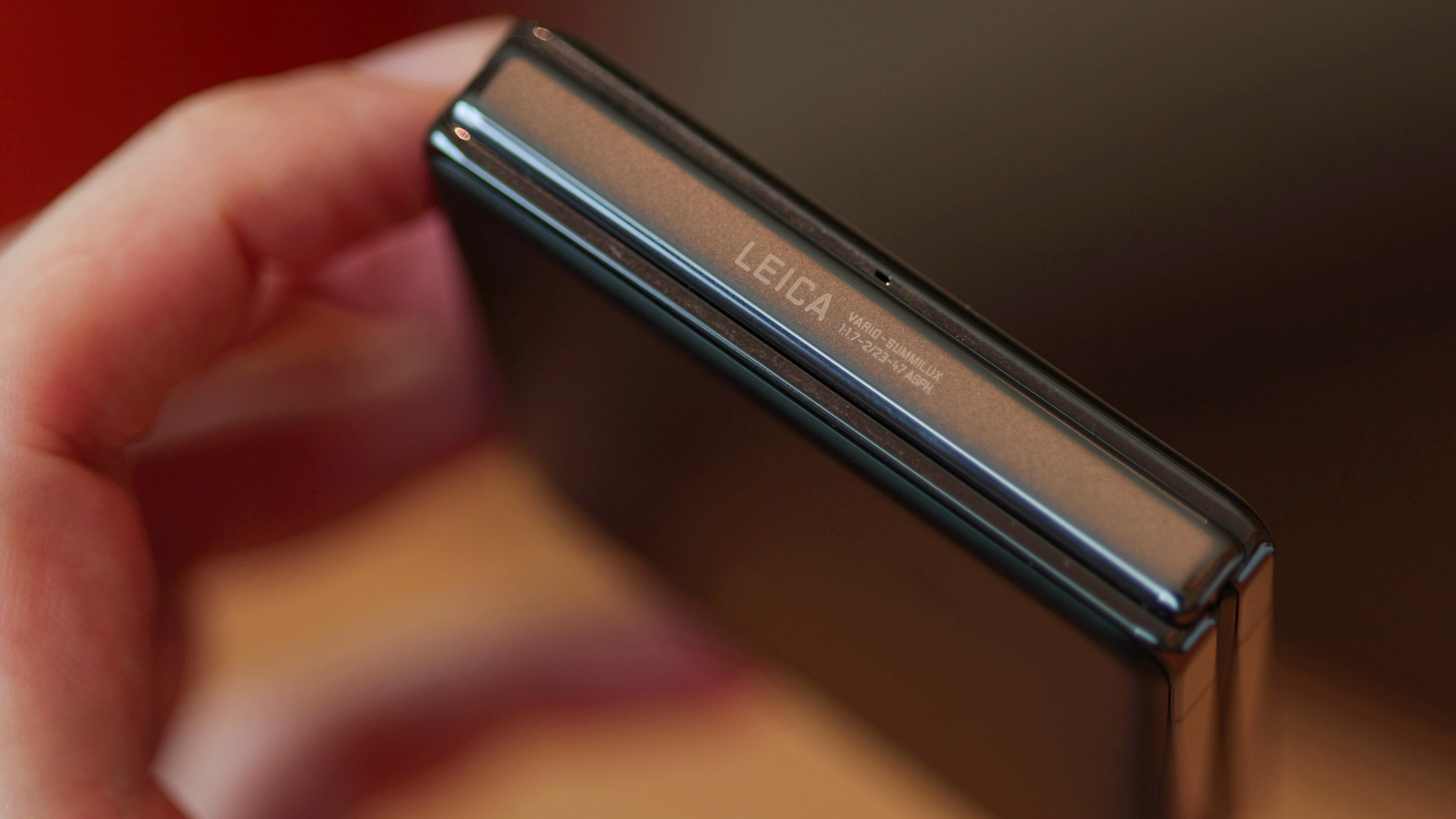
Unlike the new Motorola Razr 50 Ultra, the Mix Flip also benefits from 2024 flagship power with its Qualcomm Snapdragon 8 Gen 3 chip set, and just like the Galaxy Z Flip 6, it gets a vapor chamber cooling system, so should be great for gaming. Matched with 12GB RAM and 512GB storage in the version we tested, it’s also super-competitive on the spec front. One drawback is a lack of IP-rating for water or dust resistance, though, so it could be less durable than Samsung and Moto's flip phones.
In the flesh, what’s arguably most interesting about the Mix Flip is the cover screen interface. Xiaomi divides the cover screen into two segments: on the right is a small widget above the vertically stacked camera, while on the left is tall section where apps display in portrait orientation.
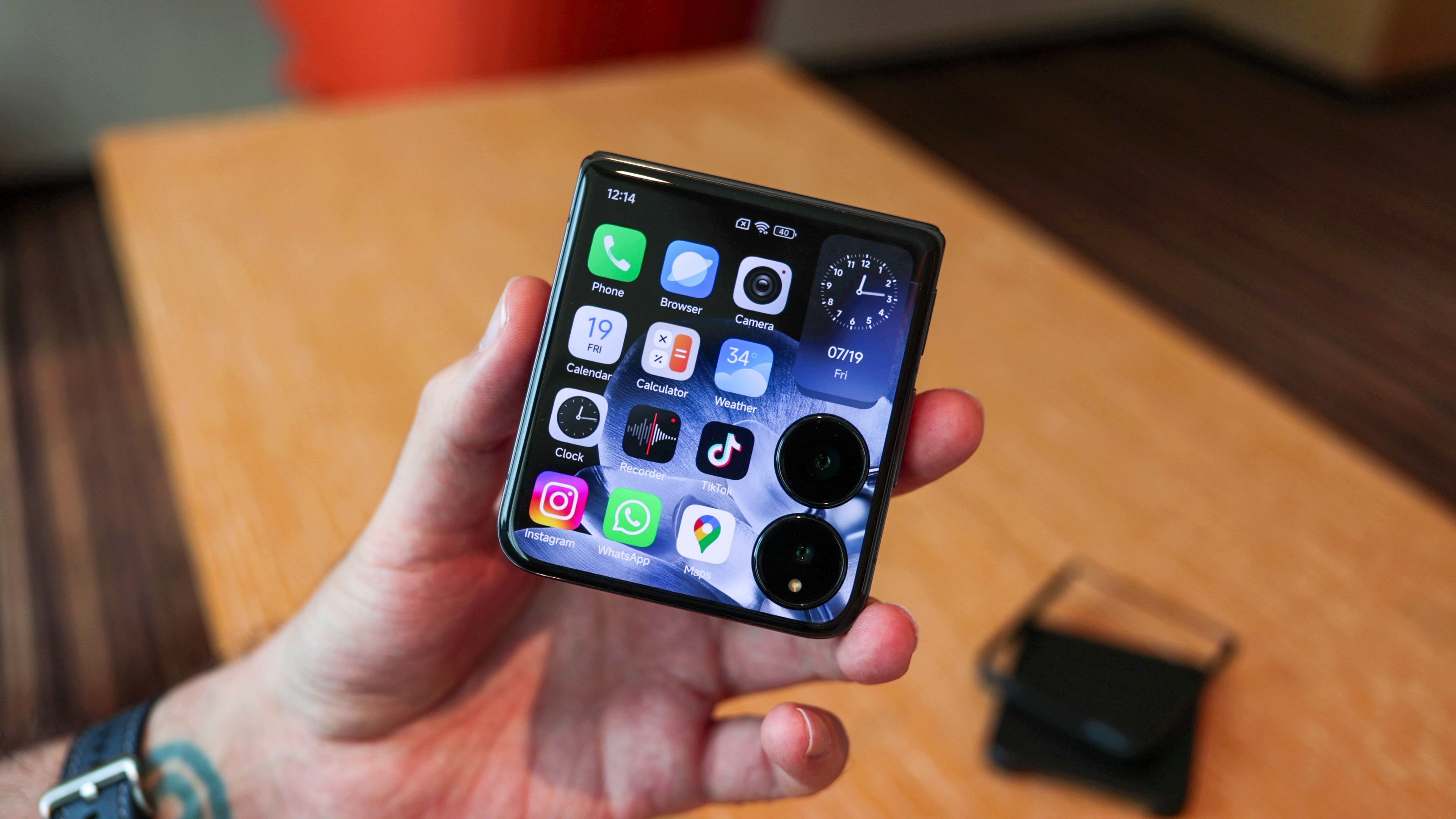
Thanks to the huge 4780mAh battery with fast 67W charging, the Mix Flip 4 outclasses the competition on both fronts. However, unlike the Razr 50 Ultra and Z Flip 6, it does miss out on wireless charging.
The Xiaomi Mix Flip’s Leica camera system packs more modest hardware than the Mix Fold 4. The primary camera is a 50MP resolution setup with an f/1.7 lens and OIS. It uses a Light 800 sensor, the same as found in the midrange Poco F6 Pro, though, as with the Fold 4, it gets a glass lens element and Leica lens treatment. The secondary camera is a 50MP f/2.0 2x telephoto camera with a 46mm focal length and a 9cm nearest focus distance. We’re guessing these are the two cameras found in the Mix Fold 4, but we haven’t had that confirmed just yet.
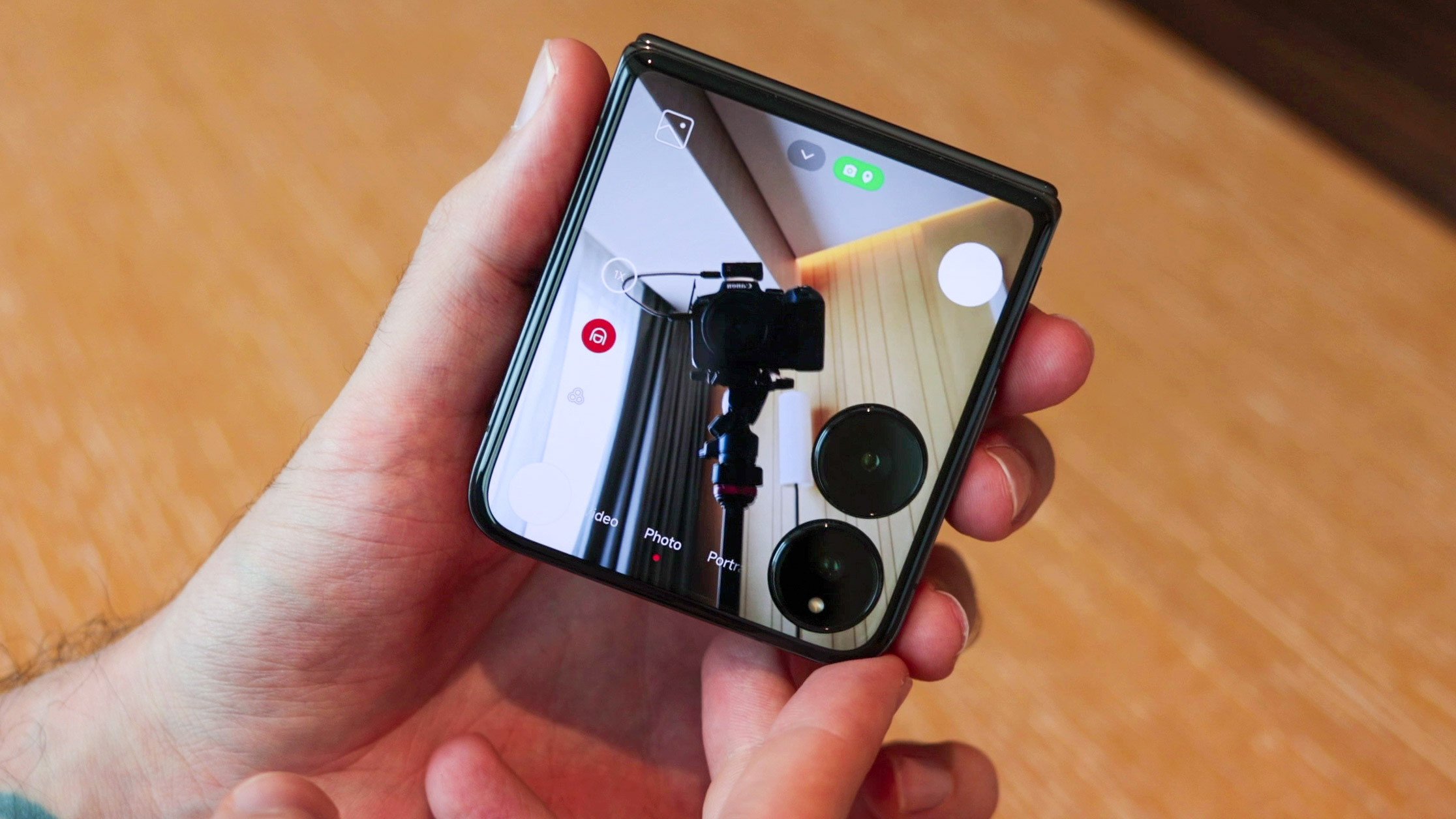
Early verdict
After an hour with the Mix Fold 4 and a couple of days with the Flip 4, Xiaomi’s clearly on the right track with its foldables. The Fold 4 is definitely more impressive as a tech showcase and a camera champ, but the Flip is packed with practical wins: a bigger, faster-charging battery, huge screens despite folding for serious pocketability, and Xiaomi’s innovative cover screen UI that displays apps in portrait orientation – just like they’re displayed on your phone – Versus the landscape Razr and Z Flip 6 cover screens.
So if the Xiaomi Mix Fold 4 and Flip 4 launch in the West, there’s a very good chance they’ll instantly become two of the best flip and fold phones of 2024, especially from a photography point of view, but if you’re not quite ready for a foldable, you can check out our guide to best non-folding camera phones for smartphone photography without the compromise.







